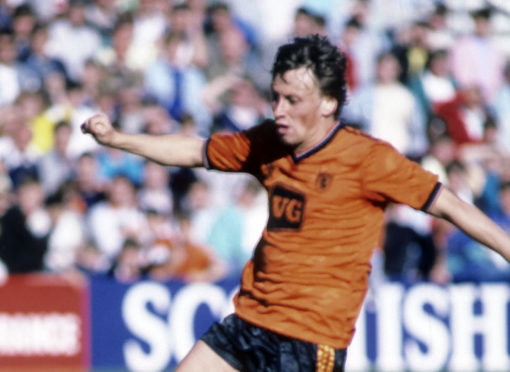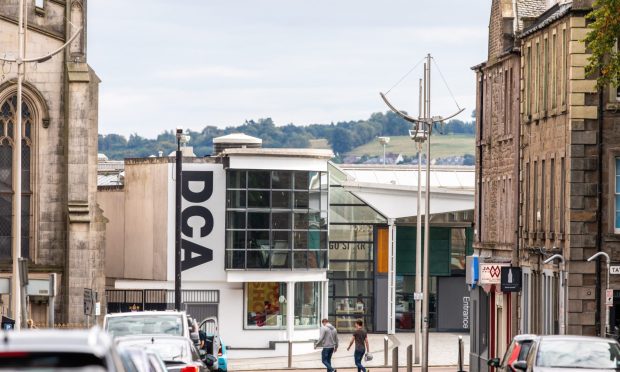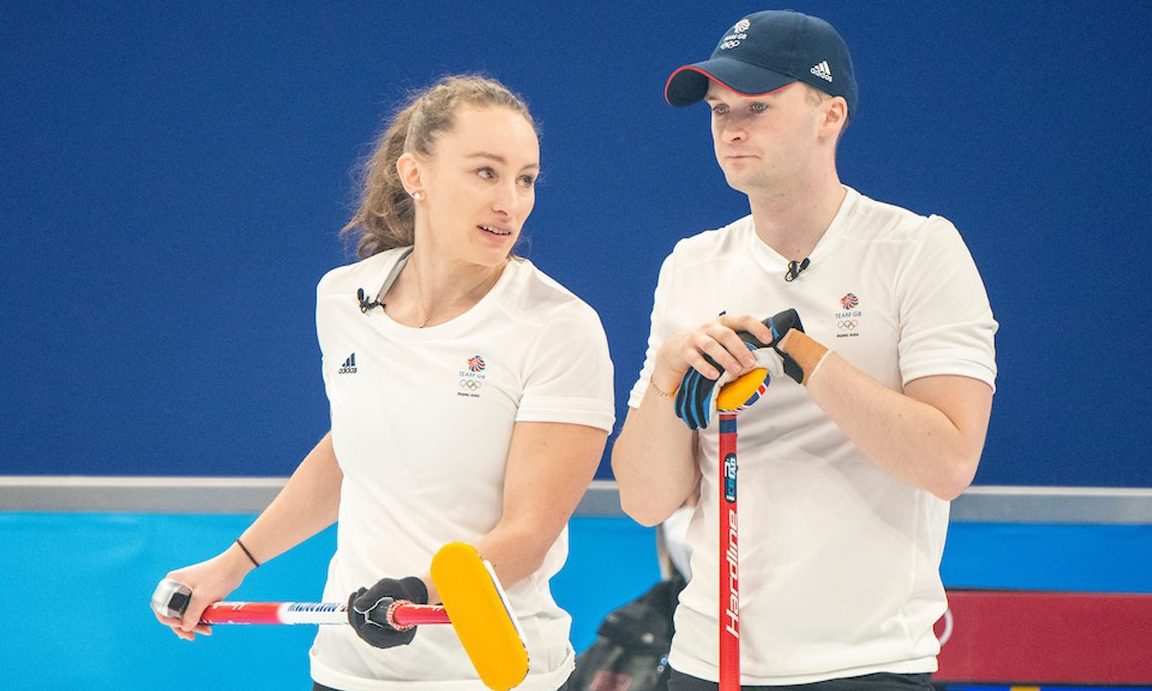It’s time for Scottish football to rediscover the meaning of the word ‘gallus’.
Generations of Scottish players have lost matches on both the European and world stages, but their opponents never left the pitch not knowing they’d been in a battle with feisty opponents.
Lack of ability is forgivable. Lack of courage is a mortal sin for a football player.
Bravery might be something more associated with folk dealing with dangerous situations in a war zone than in a football match but it’s a fundamental and necessary element of being a professional player.
Lack of bravery is regularly trotted out to excuse performances on the pitch but it should never be an excuse for a footballer.
Firefighters dashing into burning buildings are acts of bravery. The decision to make a risky pass or take on an extra man shouldn’t be. We need to allow and even insist that players take risks on the pitch, and not rush to apportion blame if they fail.
According to Celtic manager Brendan Rodgers, his men “lacked aggression” in defence and were “too negative” in attack, as they were dismissed from the Europa League, when they were well beaten 3-0 at Zenit St Petersburg, on Thursday night.
The timidity shown by a club traditionally associated with a great fighting spirit is a worry for the Celtic support, but it’s also been a more regular feature of our game in European and international football.
Arguably the greatest player in Celtic’s history, Jimmy Johnstone, endured some real kickings in European matches, but went straight back for more, refusing to be cowed, and tormenting opponents much bigger than his own diminutive frame with his outrageous dribbling skills.
Dundee United’s Paul Sturrock and Aberdeen’s Gordon Strachan, both slightly built, took pummelling’s on football pitches but constantly displayed confidence in their own abilities.
Paul Hegarty, Dave Narey, Willie Miller, and Alex McLeish, and from previous generations before them, legends like Billy McNeill, and John Greig, are part of a supply chain of Scots who displayed bravery and courage in abundance, allied to the effort and graft required to face formidable opponents.
Lack of confidence on the pitch stems from a belief that the man in front of you is the better player. That seeps into the mind, like a leak in the flat above, to become a torrent of uncertainty.
It’s time for a return to the traditional approach of generations of Scots players who never feared opponents, but relished the battle and having a real go.
That requires gut-bursting effort and application which, irrespective of victory or defeat, at least gives a sense of worth.
The mentality of the Scottish approach in recent times has often been found wanting, but that almost submissive and meek acceptance of defeat is completely alien to our character, and shouldn’t be tolerated.
Working with former Rangers midfielder Derek Ferguson recently, he mentioned how, as a smaller player he loved to get stuck in to and wind up bigger opponents. That’s exactly the kind of attitude we currently miss.
It’s time to restore the word ‘gallus’ to our football vocabulary.










